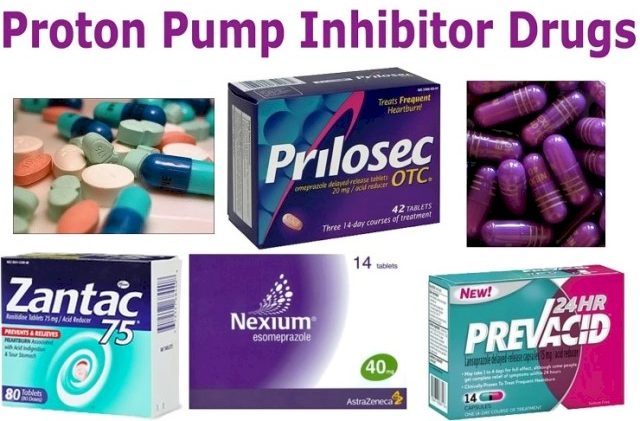“Effect of proton pump inhibitors on gastric emptying: A systemic review” is a study by Yasushi Kuyama el al demonstrating the effect of PPIs on gastric emptying. The authors showed a consistent delaying effect of PPIs on gastric emptying of solid meals but not liquids following a systemic literature review. The underlying mechanisms are not well understood. One possible explanation is based on the concept that gastric emptying of solids involves a process of peptic hydrolysis. PPIs impair the hydrolytic digestion by inhibiting acid-dependent peptic activity, thereby delaying the solid emptying. In contrast, liquid gastric emptying depends on volume and energy density of intra-gastric contents. According to Kuyama et al “PPIs variably modify the volume and the energy density by reducing gastric fluid secretion, thereby modifying the liquid emptying in an unpredictable manner”.
10 to 30 % of GERD patients suffer from delayed gastric emptying. Furthermore, delayed gastric emptying by itself contributes to acid reflux pathogenesis. It is believed that transient lower esophageal sphincter relaxation, TLESR, is one of the major causes of acid reflux. TLESR increases after eating. Gastric fundus distention, pharyngeal stimulation and gastrointestinal hormones may contribute to TLESR. Gastric distention increases with delayed gastric emptying. Furthermore, persistent delay in gastric emptying may lead to gastric fundus stretching and increased compliance. These factors increase the frequency of TLESR leading to increased gastric juice reflux into the esophagus. In the presence of bile reflux, PPI therapy may potentially exacerbate the esophageal exposure to bile leading to increased incidence of Barrett’s and esophageal adenocarcinoma.
PPIs are considered the gold standard treatment for acid reflux disease. However, PPIs do not address the underlying causes of acid reflux. Though PPI therapy is excellent at masking symptoms, it may exacerbate reflux by delaying gastric emptying. Chronic PPI therapy may irreversibly stretch the gastric fundus due to persistently delayed gastric emptying thus leading to worsening reflux over time. This may partly explain the progressive nature of acid reflux disease under PPI treatment.
Acid reflux disease is a complex disorder. PPI therapy, considered the gold standard GERD treatment, addresses symptom control only. Additional studies are needed to develop more effective pharmaceutical alternatives that target TLESR, gastric fundus tone, and esophageal acid clearance rather than gastric acid secretion.

